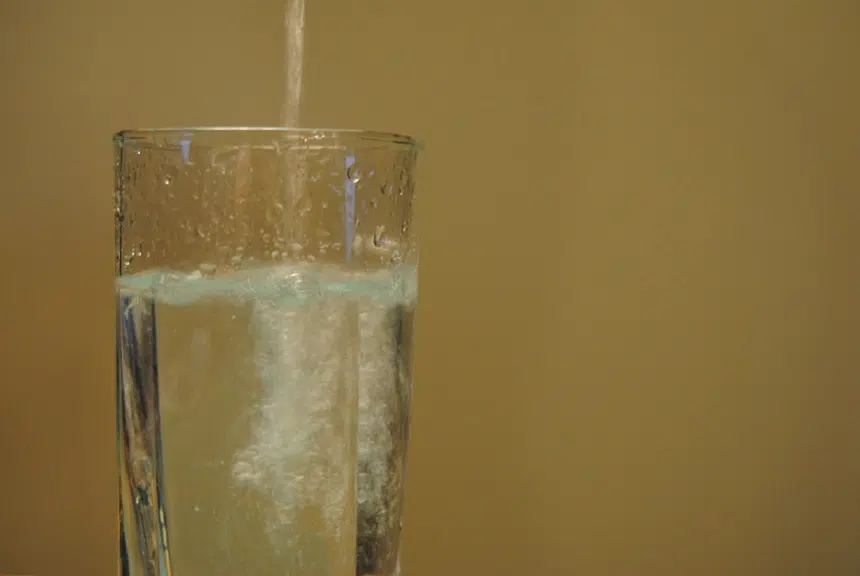Fluoride will be added to Regina’s water within the next four years.
The motion to add fluoride was passed by city council Wednesday in a vote of 10-1, with Ward 10 Coun. Landon Mohl being the only one to oppose the decision.
“Should more than 200,000 residents in Regina be made to ingest a substance because 11 people on city council simply decided they should?” Mohl asked council on Wednesday.
“Every tube of toothpaste is harmful to swallow, but our residents will be swallowing a lot of what is arguably the most active ingredient that is added to our drinking water.
“I believe the answer is no. This should not be done with a mandate for the population.”
Some Regina residents had the opportunity to call in and voice their concerns as well.
Jim Elliott described the addition of fluoride as “a waste of money,” saying a large amount of the water would not actually be consumed by residents, instead being used for other tasks.
Another person who called in to oppose the decision was Janelle Gerard. She said she would not consent to having fluoride added to her drinking water and asked if filtration systems would be provided for those who did not want a fluoridated system.
Despite some opposition, multiple doctors and dentists said during the council meeting that the fluoridation program is safe and that it benefits the community overall.
One of those doctors was Gerry Uswak, registrar for the College of Dental Surgeons of Saskatchewan.
“Community water fluoridation is effective. This is a massive, successful endeavour that has been delivered safely for 75-odd years,” Uswak said.
“As a matter of fact, we even reduced the level we fluoridate community water systems at from 1.2 parts per million to 0.7 to continue the benefit of cavity prevention while making sure that people do not become over-fluoridated.”
Uswak believes adding fluoride to Regina’s tap water will greatly help people who might not have access to dental care.
“Community water fluoridation assures health equity in that the most vulnerable population or segments of our population suffer the most serious disease risk and disease experience when it comes to dental decay,” he said.
“Community water fluoridation may be their only preventive modality that they experienced because they can’t seek care in public health or private practice.”
In four years, the new Buffalo Pound Water Treatment Plant is expected to be complete, at which point fluoridation equipment would start serving the city.
The city would make a one-time equipment purchase of $2 million, with a $210,000 cost per year for fluoride supplies.
Uswak calls community water fluoridation cost effective, saying it would come down to roughly $1 per person per year, as well as being “significantly cheaper” than having to treat a cavity.
“We also know that in Saskatchewan, there is a statistically significant difference in the decay rate in unfluoridated versus fluoridated communities,” Uswak said. “This has been documented by the Saskatchewan Health Authority’s regular five-year research surveys.”
Ward 2 Coun. Bob Hawkins believes the addition of fluoride to the city’s drinking water means there will be fewer kids in Regina dealing with cavities in the future.
“I recognize that not everybody will agree with the end result, but I truly believe that this is a very good result for the City of Regina,” Hawkins said.
“It will improve our community health and, most importantly, it means that the young people of Regina have a real chance of a lifetime of strong dental hygiene and strong dental care.”











